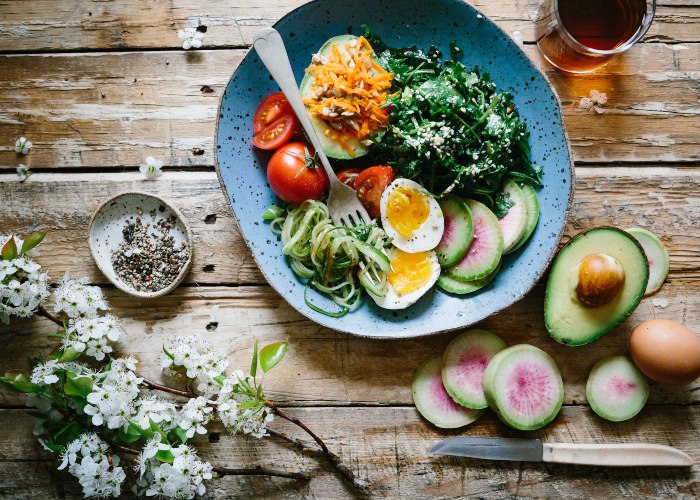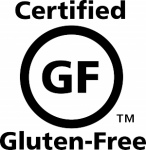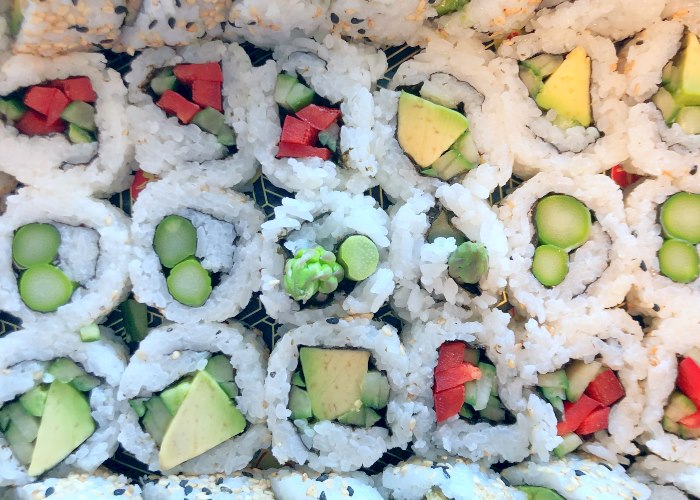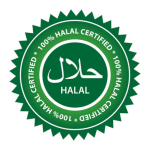9 dietary restrictions every event planner should be aware of
Aug. 16, 2019
So, you’re planning your event’s dining menu, but you’re not sure which items to pick. Do you go with creamy tomato pasta? A zesty lemon chicken? The hearty bisque soup? A decadent chocolate cake? The options are endless!
Well, before you get too far in your decision-making process, it’s important to consider who may be attending your event and what their dietary needs and restrictions might be.
If you haven’t asked your guests to choose from plate options beforehand, it’s critical that you prepare for any of the following meal requirements:
1. Lactose Intolerance
Lactose Intolerance is a digestive disorder that is classified by ones inability to digest lactose, the main carbohydrate in dairy products.
Foods to Avoid Adding to Menu: Milk, yogurt, cream, cheese, butter, ice cream, creamy salad dressings, cream-based soups
Foods to Consider Adding to Menu: Plain meats, nuts, seeds, tofu, rice milk, lactose-free milk, soy milk
2. Vegetarian
It’s always a good idea to have a vegetarian option available at any event, as some people follow strict vegetarian diets, and others can be picky about the types of meat they like.
There are a few different types of vegetarians to be aware of when planning your next menu:
Ovo-Vegetarian – People who eat mostly plants in addition to eggs. Ovo-Vegetarians do not eat dairy products, meat or fish.
Lacto-Vegetarian – People who eat mostly plants in addition to dairy products. Lacto-Vegetarians do not eat eggs, meat or fish.
Lacto-Ovo Vegetarians – People who eat mostly plants in addition to dairy products and eggs. Lacto-Ovo Vegetarians do not eat meat or fish.
Foods to Avoid Adding to Menu: Dairy, meat, fish
Foods to Consider Adding to Menu: Vegetables, fruits, tofu, beans, salads, pasta, hummus, granola

3. Pescatarians
Pescatarians follow a vegetarian diet but they also eat fish. Therefore, feel free to offer these guests a fish option for their meal.
Foods to Avoid Adding to Menu: Meat
Foods to Consider Adding to Menu: Fish, vegetables, fruits, tofu, fish, beans, salads, pasta, hummus, granola
4. Vegan
Veganism is on the rise! Therefore, event planners need to become more aware of whom is attending their conferences, weddings, or tradeshows and to ensure the right options are available for their guests.
Get to know the different types of vegans below:
Dietary Vegan – A plant based diet with no animal products. Vegans do not eat meat, fish, eggs, or dairy products.
Whole-Food Vegan – Vegans who favour a diet rich in whole foods, such as fruits, vegetables, whole grains, legumes, nuts, and seeds.
Raw-Food Vegan– Vegans who consume raw fruits, vegetables, nuts, and seeds, as well as foods cooked at temperatures below 48°C.
Low-Fat, Raw-Food Vegan – This subset of raw vegans limits high-fat foods, such as nuts, avocados, coconuts, and relies mainly on fruit. Sometimes other plants are also eaten in smaller amounts.
Foods to Avoid Adding to Menu: Dairy, meat, fish, honey, eggs, chicken, shellfish
Foods to Consider Adding to Menu: Vegetables, fruits, seeds, tempeh, seitan, lentils, beans and whole grains

5. Diabetic
The main key to eating well with diabetes is to eat a well-balanced variety of healthy foods from all food groups. Keeping blood glucose levels, blood pressure, and cholesterol in a diabetic’s target range is priority #1.
Foods to Avoid Adding to Menu: Fried foods, foods high in salt, baked goods, candy, soda, juice, ice cream
Foods to Consider Adding to Menu: Broccoli, carrots, peppers, tomatoes, potatoes, corn, berries, melon, apples, banana, whole grains, lean meat, fish, eggs, nuts
6. Celiac Disease
It is important to note that celiac foods cannot be cooked with or contaminated by foods that contain gluten. For those with celiac disease, avoiding gluten is not simply a lifestyle choice, it’s a must. In fact, gluten causes those with celiac disease to overreact to the protein, damaging the walls of their small intestine.
Side effects of celiac disease after consuming gluten can include abdominal pain, mouth ulcers, headaches, joint pain, nausea, bone density loss, intestinal problems, vomiting, bloating and more.
Foods to Avoid Adding to Menu: Foods with gluten, wheat, rye, barley, cereal, pasta, processed foods
Foods to Consider Adding to Menu: Potato, rice, beans, gluten-free pasta, vegetables, fruit, etc.

An example of one type of Gluten Free logo on food packaging.
7. Gluten Sensitivity
For some, going ‘gluten-free’ is a dietary choice due to concerns with processed foods, skin health, gut health or sensitivity. Therefore, whether your guests have celiac disease or not, they may request a gluten-friendly menu option.
Foods to Avoid Adding to Menu: Foods with gluten, wheat, rye, barley, cereal, pasta, processed foods
Foods to Consider Adding to Menu: Potato, rice, beans, gluten-free pasta, vegetables, fruit, etc.

8. Kosher
Keeping kosher revolves around the principles set out in the Torah, which includes keeping milk and meat products separate, but it is also so much more. For in-depth information on what a kosher meal-plan involves, read more here. If your caterer is unfamiliar with catering to kosher needs, it may be a good idea to consult a catering company that deals specifically with kosher requirements.
Foods to Avoid Mixing on The Menu: Meat with dairy
Foods to Consider Adding to Menu: ‘Pareve’ (neutral) foods that are not dairy or meat

An example of one type of Kosher symbol on food packaging.
9. Halal
Halal simply means “lawful” or “permitted”. All food is halal in Islam unless prohibited by the Qur’an. As with requirements for kosher meals, if you have any doubts about on what a halal menu should look like, talk with a caterer with experience in this area.
Foods to Avoid Adding to Menu: Alcohol, lard, pork, bacon, stock, gelatine, non-halal animal fat
Foods to Consider Adding to Menu: Foods made, processed, stored, and manufactured using equipment that has been cleansed according to Islamic law

An example of one type of Halal symbol on food packaging.
Contact Georgian College Today!
Need help navigating your menu and catering options? We can help! We have experience with various dietary restrictions and allergy concerns. Call us today to learn more about our event space and planning offerings!
705.722.5120
info@meetatgeorgian.com
One Georgian Dr.
Barrie, ON L4M 3X9